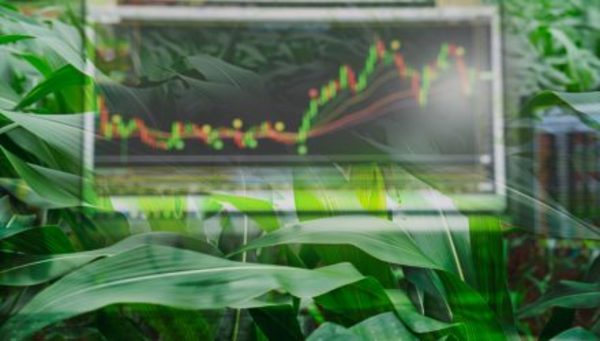Commodities exposure can serve as an effective inflation hedge as well as a portfolio diversifier in all market conditions.
The Invesco Agriculture Commodity Strategy No K-1 ETF (PDBA ), which just launched on August 24 and has garnered $11 million in assets under management, offers actively managed exposure to agricultural commodities – all while bypassing the need for a K-1 tax form.
PDBA seeks long-term capital appreciation by investing indirectly through a subsidiary in commodities futures, collaterals such as cash, and high-quality securities that are linked economically to the agriculture industry. Through the futures, the fund has exposure to 11 different grains, soft commodities, and livestock.
The fund is actively managed and seeks to outperform the DBIQ Diversified Agriculture Index Excess Return, an index comprising the most highly traded agricultural commodities globally, which include corn, wheat, Kansas City wheat, soybeans, sugar, cocoa, coffee, cotton, live cattle, feeder cattle, and lean hogs, according to the firm.
A benefit of active management is the ability of the portfolio manager to respond to changes in the commodities markets as well as the commodity forward curves. PDBA will largely be positioned with holdings and weights that reflect its benchmark, but it may not hold them in the same proportions or have all of the holdings that the benchmark does at any given time, according to the firm.
PDBA is structured as a ‘40 Act Fund, which means the fund does not invest directly in physical commodities, commodities futures, or commodities-linked securities but instead goes through its wholly owned and operated subsidiary under Cayman Islands law. This is why the fund can avoid issuing a Schedule K-1 and instead issues a 1099 tax form.
The difference in tax structures is what separated PDBA from the Invesco DB Agriculture Fund (DBA ), which is structured as a 1933 Act Commodity Pool and does issue a K-1.
For more news, information, and strategy, visit the Innovative ETFs Channel.

